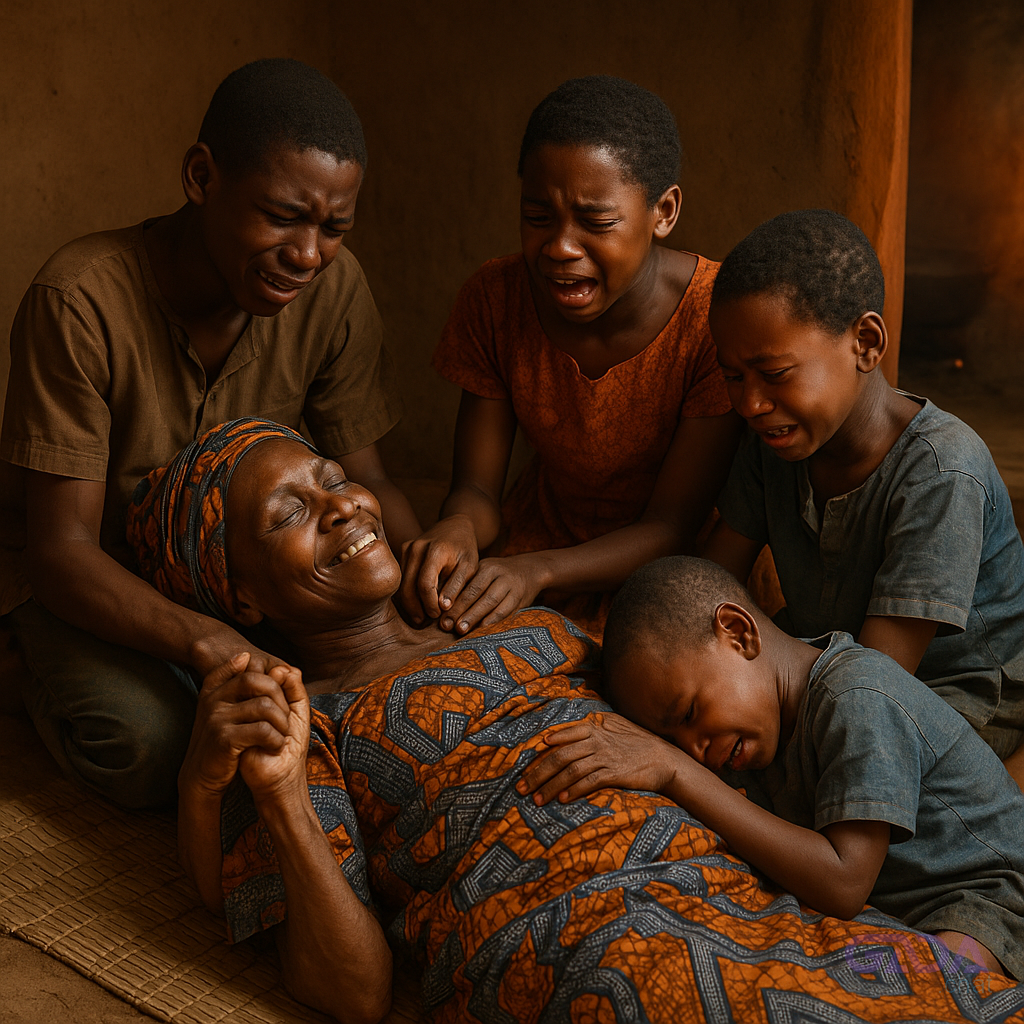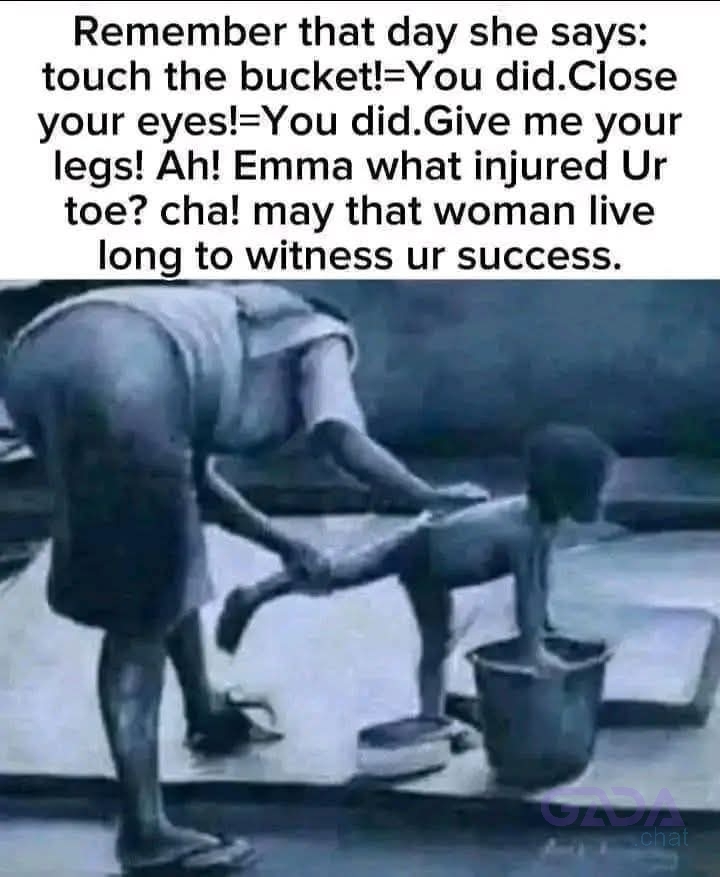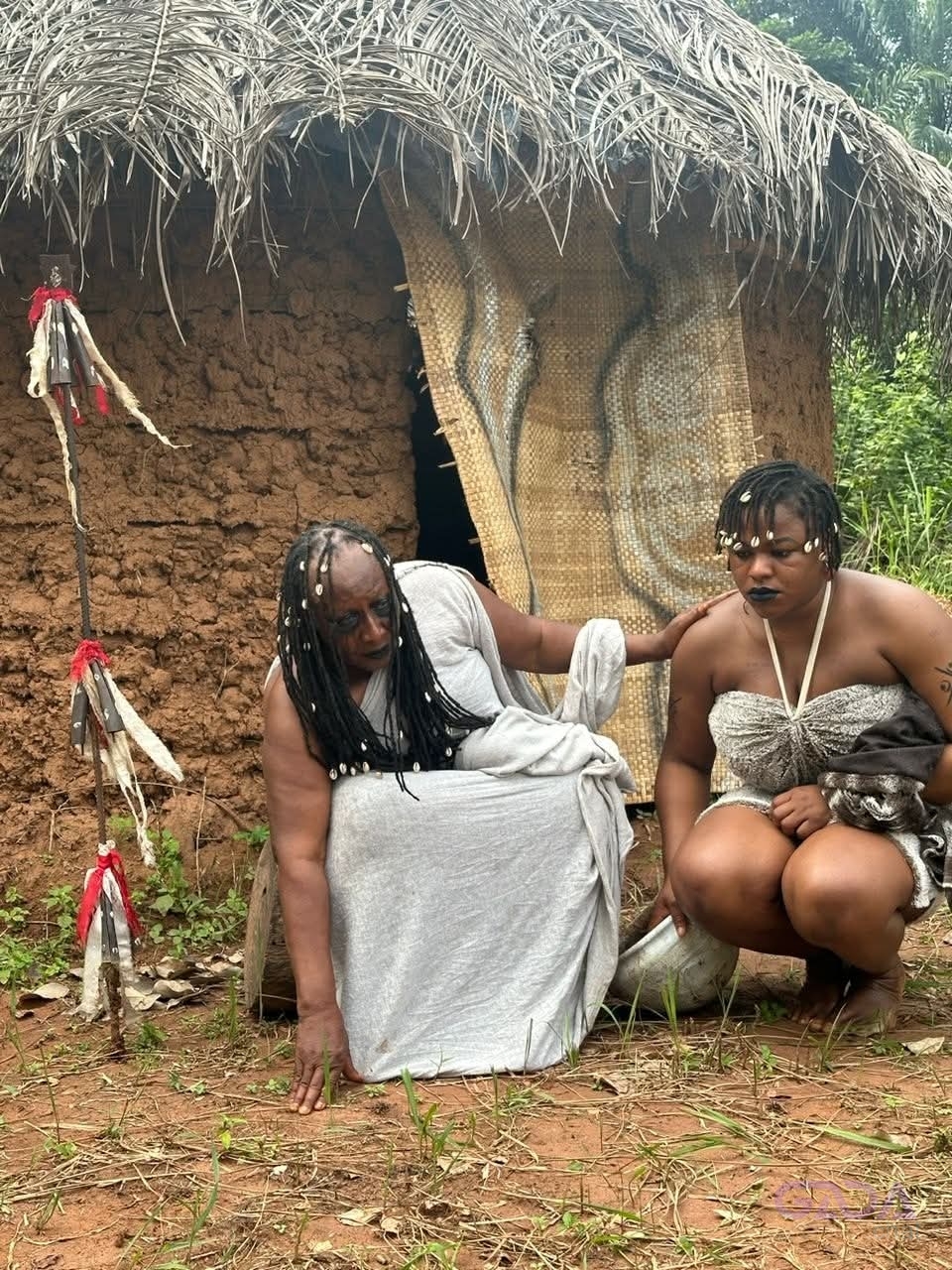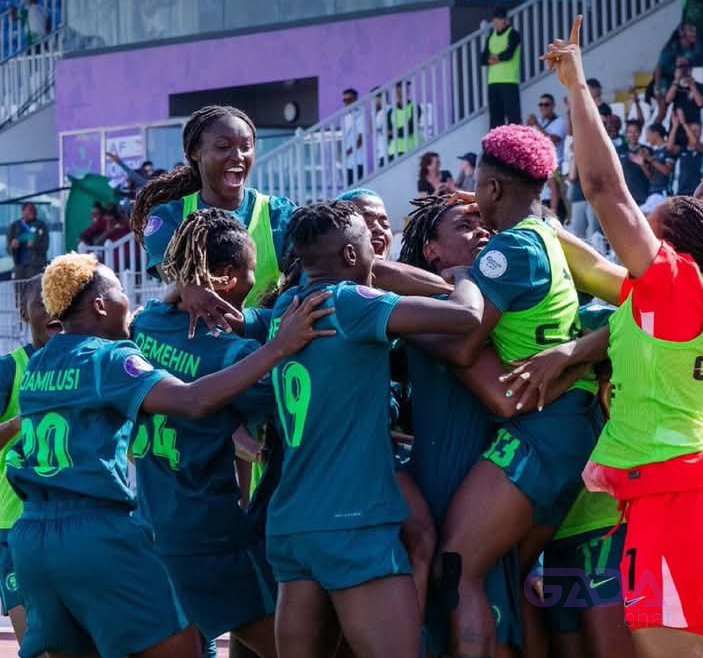Title: "For My Children"
Part 1: The Quiet Village
In the sleepy village of Òkè-Ìgbẹ̀yà, nestled between green hills and wide rivers, lived Mama Anike, a widow in her early 40s with three children — Tayo (14), Kemi (10), and Seyi (6). Her husband had died in a motor accident five years earlier, and since then, life had been hard. She did odd jobs: farming during the day, washing clothes for people at night, and still somehow managed to smile through it all.
She never allowed her children to beg or feel inferior. “As long as I breathe, you will never sleep hungry,” she often told them.
Part 2: Hunger Bites
One harsh dry season, the crops failed. Prices of food tripled, and jobs disappeared like mist in the morning sun. Mama Anike started falling sick, but she hid it from the children. She would say she had “only a small headache,” even though her body burned with fever.
There were nights she gave the children her portion of garri and went to bed hungry, pretending she had already eaten.
Part 3: The Disease
The villagers whispered about a strange sickness spreading — something like typhoid but more deadly. Mama Anike kept working through her fatigue. When she finally collapsed one afternoon in the market, the local herbalist was called. He shook his head after checking her.
“She needs hospital care… blood transfusion… proper medicine,” he said. “Or she won’t last the month.”
Part 4: The Choice
The children cried, begging their mother to go to the city hospital. But there was no money. The little they had was for school fees and food. She sat in silence that night, watching her children sleep, her tears soaking into the wrapper she had wrapped around her frail body.
The next morning, she sold the only valuable thing her late husband had left — his motorcycle. With the money, she paid Tayo’s school fees, bought food that would last for two months, and kept only ₦500 for herself.
Part 5: A Mother's Promise
Her friend, Mama Ronke, scolded her. “Why not use the money for your treatment?”
But Mama Anike replied:
> “If I survive and my children are out of school and starving, what kind of life would that be? But if I don’t survive and they still have hope… then I have lived a worthy life.”
She hugged her children tightly that night. She told them:
> “No matter what happens, be strong. Don't fight. Don't steal. And always look after each other.”
@
TO BE CONTINUED
JB WORLD
Part 1: The Quiet Village
In the sleepy village of Òkè-Ìgbẹ̀yà, nestled between green hills and wide rivers, lived Mama Anike, a widow in her early 40s with three children — Tayo (14), Kemi (10), and Seyi (6). Her husband had died in a motor accident five years earlier, and since then, life had been hard. She did odd jobs: farming during the day, washing clothes for people at night, and still somehow managed to smile through it all.
She never allowed her children to beg or feel inferior. “As long as I breathe, you will never sleep hungry,” she often told them.
Part 2: Hunger Bites
One harsh dry season, the crops failed. Prices of food tripled, and jobs disappeared like mist in the morning sun. Mama Anike started falling sick, but she hid it from the children. She would say she had “only a small headache,” even though her body burned with fever.
There were nights she gave the children her portion of garri and went to bed hungry, pretending she had already eaten.
Part 3: The Disease
The villagers whispered about a strange sickness spreading — something like typhoid but more deadly. Mama Anike kept working through her fatigue. When she finally collapsed one afternoon in the market, the local herbalist was called. He shook his head after checking her.
“She needs hospital care… blood transfusion… proper medicine,” he said. “Or she won’t last the month.”
Part 4: The Choice
The children cried, begging their mother to go to the city hospital. But there was no money. The little they had was for school fees and food. She sat in silence that night, watching her children sleep, her tears soaking into the wrapper she had wrapped around her frail body.
The next morning, she sold the only valuable thing her late husband had left — his motorcycle. With the money, she paid Tayo’s school fees, bought food that would last for two months, and kept only ₦500 for herself.
Part 5: A Mother's Promise
Her friend, Mama Ronke, scolded her. “Why not use the money for your treatment?”
But Mama Anike replied:
> “If I survive and my children are out of school and starving, what kind of life would that be? But if I don’t survive and they still have hope… then I have lived a worthy life.”
She hugged her children tightly that night. She told them:
> “No matter what happens, be strong. Don't fight. Don't steal. And always look after each other.”
@
TO BE CONTINUED
JB WORLD
Title: "For My Children"
Part 1: The Quiet Village
In the sleepy village of Òkè-Ìgbẹ̀yà, nestled between green hills and wide rivers, lived Mama Anike, a widow in her early 40s with three children — Tayo (14), Kemi (10), and Seyi (6). Her husband had died in a motor accident five years earlier, and since then, life had been hard. She did odd jobs: farming during the day, washing clothes for people at night, and still somehow managed to smile through it all.
She never allowed her children to beg or feel inferior. “As long as I breathe, you will never sleep hungry,” she often told them.
Part 2: Hunger Bites
One harsh dry season, the crops failed. Prices of food tripled, and jobs disappeared like mist in the morning sun. Mama Anike started falling sick, but she hid it from the children. She would say she had “only a small headache,” even though her body burned with fever.
There were nights she gave the children her portion of garri and went to bed hungry, pretending she had already eaten.
Part 3: The Disease
The villagers whispered about a strange sickness spreading — something like typhoid but more deadly. Mama Anike kept working through her fatigue. When she finally collapsed one afternoon in the market, the local herbalist was called. He shook his head after checking her.
“She needs hospital care… blood transfusion… proper medicine,” he said. “Or she won’t last the month.”
Part 4: The Choice
The children cried, begging their mother to go to the city hospital. But there was no money. The little they had was for school fees and food. She sat in silence that night, watching her children sleep, her tears soaking into the wrapper she had wrapped around her frail body.
The next morning, she sold the only valuable thing her late husband had left — his motorcycle. With the money, she paid Tayo’s school fees, bought food that would last for two months, and kept only ₦500 for herself.
Part 5: A Mother's Promise
Her friend, Mama Ronke, scolded her. “Why not use the money for your treatment?”
But Mama Anike replied:
> “If I survive and my children are out of school and starving, what kind of life would that be? But if I don’t survive and they still have hope… then I have lived a worthy life.”
She hugged her children tightly that night. She told them:
> “No matter what happens, be strong. Don't fight. Don't steal. And always look after each other.”
@
TO BE CONTINUED
JB WORLD
0 Kommentare
0 Geteilt
141 Ansichten
0 Bewertungen













